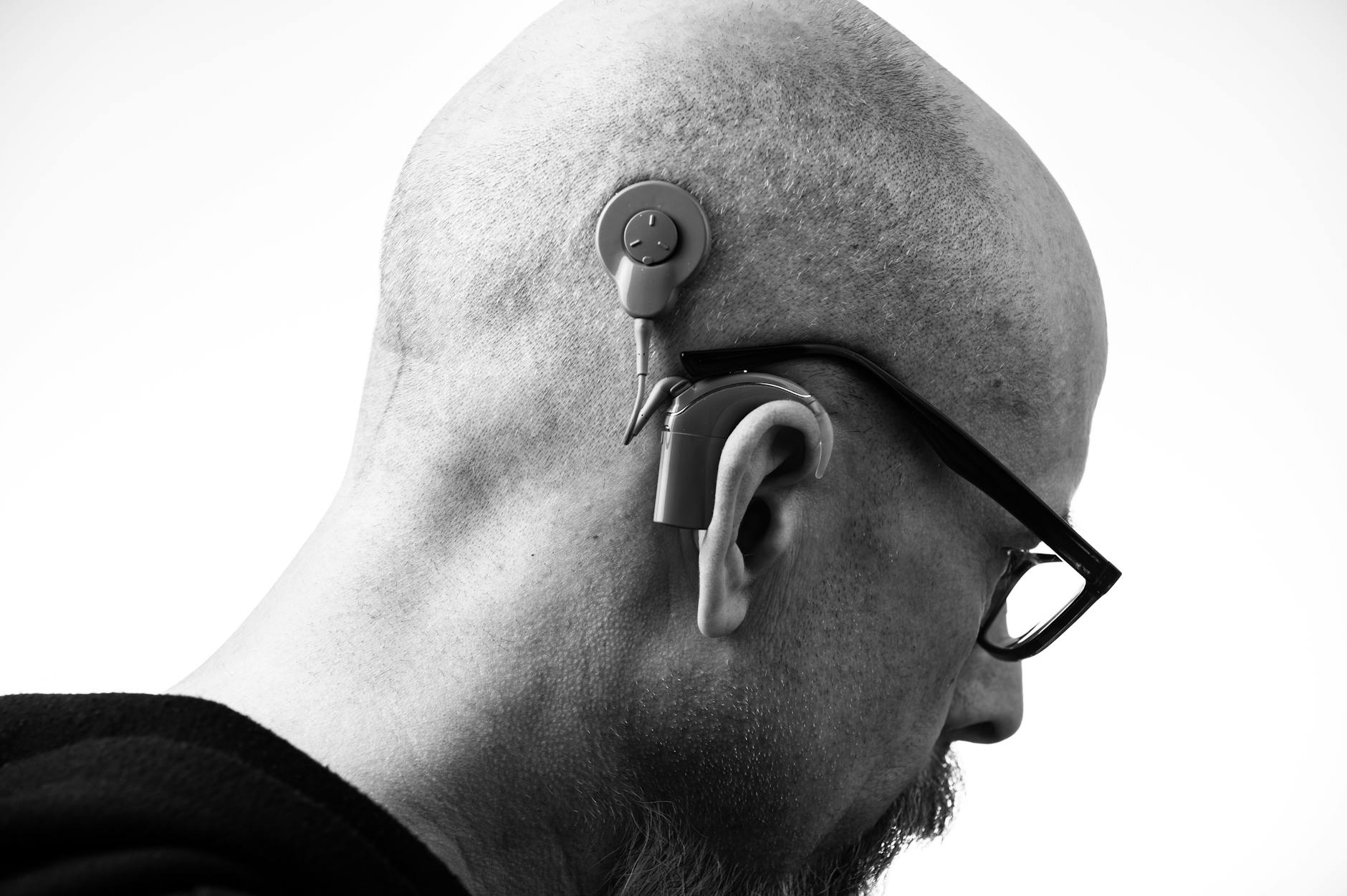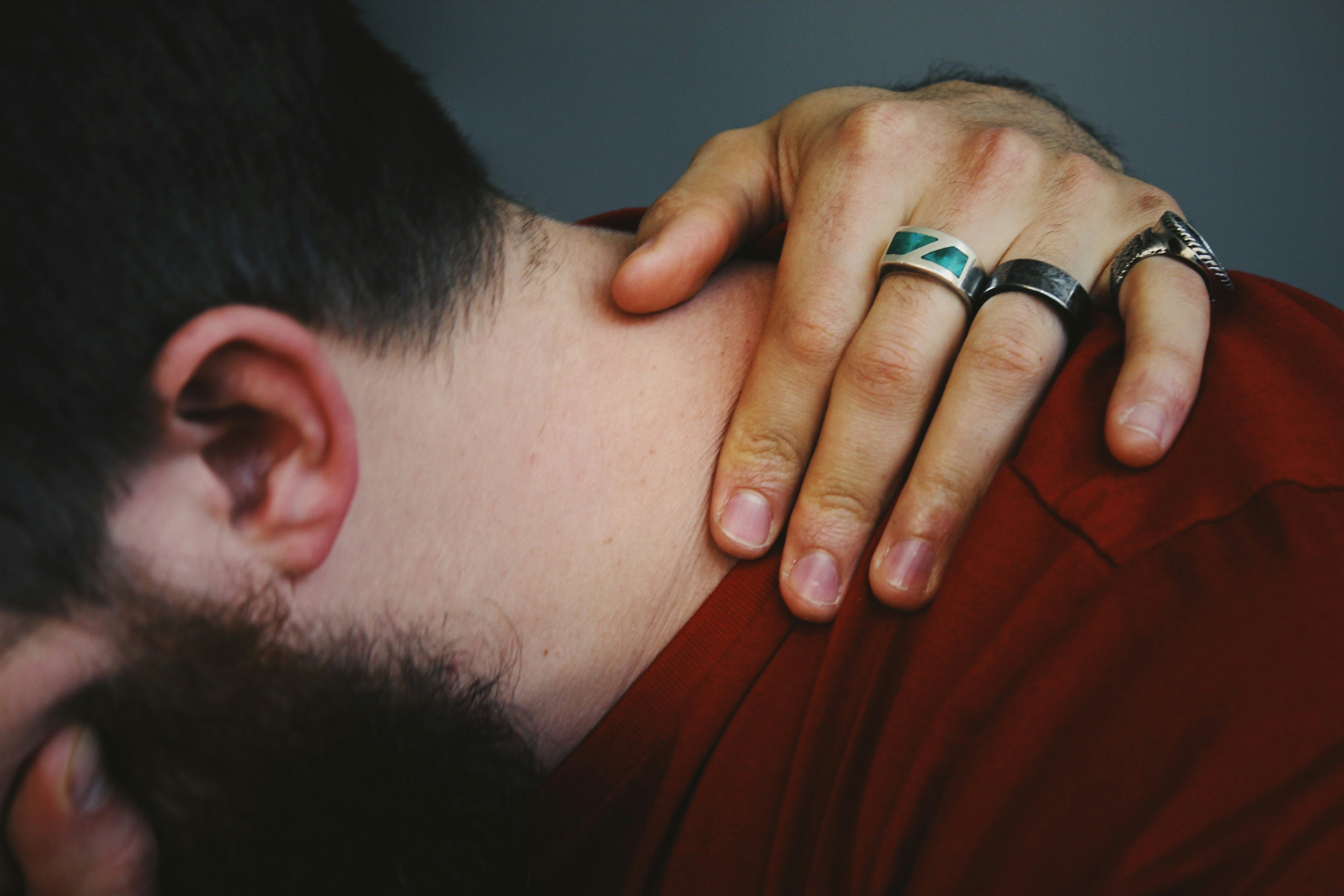If your ears won’t stop ringing, buzzing, or hissing, you’re not imagining it—and you’re not stuck with it. While there isn’t a single universal “cure,” there are proven ways to turn the volume down on tinnitus and reclaim your attention, sleep, and mood. Let’s build a practical, evidence-based plan you can start this month—with clear signs for when to loop in an audiologist or ENT.
First: What “treatable” really means
Tinnitus is a sound your brain perceives without an external source. It often rides along with hearing loss, noise exposure, or stress. For most adults, the goal isn’t to eliminate every trace of sound; it’s to reduce how loud, intrusive, and bothersome it feels. That’s absolutely achievable. Treatments aim to:
- Lower the brain’s threat response to tinnitus (so it fades into the background)
- Improve hearing and communication (so the brain doesn’t “fill in” silence with noise)
- Protect sleep and stress systems (so tinnitus stops getting amplified)
You’ll notice two themes below: enrich meaningful sound and calm the nervous system. Together, they retrain how your brain handles tinnitus.
The treatment ladder (start where it fits)
1) Hearing aids: When there’s any hearing loss
If you have measurable hearing loss—even mild—hearing aids are often the most effective tinnitus treatment. Why? They boost speech and environmental sounds your brain wants, reducing the contrast against the tinnitus.
- What to expect: Many people report less tinnitus loudness and annoyance once their hearing is appropriately amplified.
- Features to ask about: Feedback-free fitting, tinnitus sound generators (optional), multiple listening programs, and real-ear measurements for accurate amplification.
- Good to know: Even without a dedicated “tinnitus program,” a well-fit hearing aid can help. If you don’t know your hearing status, schedule a comprehensive hearing test with an audiologist.
2) Sound therapy: Make tinnitus share the stage
Sound therapy uses external sounds to mask, blend, or soften tinnitus. It’s not about blasting white noise; it’s about comfortable, consistent sound enrichment.
- Everyday options: Fans, gentle music, nature tracks, pink/brown noise, or a bedside sound machine.
- Headphones/earbuds: Keep volume low enough to converse normally. Over-ear headphones are often more comfortable long-term.
- Hearing aids + sound: Many devices can stream soundscapes or include built-in sound generators—useful for focused work and bedtime.
- How to use: 30–90 minutes during tasks or relaxation, and nightly if sleep is impacted. Aim for “mixing point” volume—just enough to distract without fully covering the tinnitus.
3) CBT for tinnitus: Train the brain to care less
Cognitive behavioral therapy (CBT) doesn’t remove tinnitus; it reduces distress, anxiety, and the “I can’t ignore it” spiral. High-quality studies show CBT improves quality of life for people with bothersome tinnitus.
- What it targets: Catastrophic thoughts (“It’s ruining my life”), hypervigilance, and stress-driven attention to the sound.
- How it’s delivered: In person or via telehealth with a trained clinician; some programs offer digital CBT modules.
- Results: Many people feel less bothered within weeks, especially when combined with sound therapy or hearing aids.
4) Mindfulness and relaxation: Lower the body’s volume knob
Mindfulness-based stress reduction (MBSR), diaphragmatic breathing, progressive muscle relaxation, and gentle yoga help calm the autonomic nervous system. When the body unwinds, tinnitus often becomes less intrusive.
- Try this: 5–10 minutes of slow nasal breathing—inhale 4 seconds, exhale 6–8 seconds—twice daily. Pair with soft sound enrichment.
- Mindset shift: Noticing the sound without judging it helps the brain file it as “non-threatening background.”
5) Sleep rescue plan
Poor sleep makes tinnitus feel louder; louder-feeling tinnitus makes sleep harder—hello vicious cycle. Break it with a few targeted tweaks:
- Bedside sound: Ocean, rain, or brown noise at low volume. Keep it consistent.
- Wind-down ritual: 30–60 minutes screen-free; light stretch, warm shower, reading, guided relaxation.
- Room setup: Cool, dark, quiet—except for your chosen sound. If a partner snores, try separate bedtimes or soft earplugs plus a sound machine.
- If insomnia persists: Ask a clinician about CBT-I (cognitive behavioral therapy for insomnia). It complements tinnitus care.
6) Treat contributors (sometimes outside the ear)
Tinnitus can be nudged by multiple systems. You don’t need to chase every possibility, but a few are worth a look:
- Noise exposure: Protect your ears during loud activities; avoid overprotection during normal daily life.
- Jaw/neck tension: Temporomandibular disorders and neck strain can modulate tinnitus for some people. A dentist or physical therapist with experience in TMD/neck rehab may help.
- Mood and stress: Anxiety and low mood amplify perception. Counseling, CBT, exercise, and social connection are all “tinnitus treatments” in disguise.
- Medications: Some drugs can affect hearing and tinnitus. Never stop a prescription on your own—discuss concerns with your prescriber.
7) Tinnitus Retraining Therapy (TRT): Counseling + sound
TRT pairs structured counseling with long-term sound enrichment to reclassify tinnitus as neutral background. Evidence is mixed but many people report meaningful benefit, especially when they engage consistently for 6–18 months.
- Best fit: Motivated learners who like a clear protocol and regular follow-up with an audiologist.
8) Emerging tech: Bimodal neuromodulation
Newer approaches pair sound with gentle stimulation to another body area (commonly the tongue or wrist). Early studies show promise for reducing tinnitus severity in some adults after structured multi-week programs. It’s not a cure-all, and access/cost vary. If you’re curious, discuss candidacy and expectations with an audiologist or ENT who’s familiar with the latest evidence.
What probably won’t help (and what to skip)
- “Miracle” pills and detoxes: Supplements like ginkgo biloba, zinc, or megavitamins haven’t shown consistent benefit for typical tinnitus. Save your budget for proven care.
- Ear candling: Ineffective and risky—can burn the ear or leave candle wax behind.
- Total silence: Counterproductive. Silence can make tinnitus feel louder; gentle sound enrichment is usually better.
If a remedy promises instant silence for everyone, treat it as a red flag. Tinnitus is personal; your plan should be too.
Build your personal plan in 30 days
Use this roadmap as a starting point. Adjust to your life and track what helps.
- Week 1: Assess and set the stage
- Schedule a hearing test with an audiologist (especially if you haven’t had one in the last year).
- Pick two soundscapes you like (e.g., soft rain for work, ocean for bedtime). Use them at a low, comfortable volume.
- Start a simple log: When is tinnitus most noticeable? After noise, stress, caffeine, or poor sleep?
- Week 2: Add structured calm
- Begin daily 10-minute breathing or mindfulness sessions (morning/evening).
- Establish a consistent wind-down routine and bedside sound.
- If hearing loss is present, discuss hearing aids and tinnitus features with your audiologist.
- Week 3: Cognitive tools
- Learn a few CBT skills (reframing, attention shifting). Consider starting with a clinician or a reputable digital program recommended by your provider.
- Experiment with the “mixing point” for sound therapy—let tinnitus and external sound blend.
- Week 4: Fine-tune and commit
- Review your log: Which combos (sound + relaxation + sleep) helped most? Keep those.
- Plan follow-up with your audiologist for hearing aid adjustments or discuss TRT/other options.
- Decide on one longer-term practice (e.g., nightly sound + 10-minute relaxation) and stick with it for 8–12 weeks.
When to see an audiologist or ENT promptly
Most tinnitus is not dangerous. But some patterns need medical evaluation:
- Sudden hearing loss with tinnitus (over hours to days)
- One-sided (unilateral) tinnitus that’s new or worsening
- Pulsatile tinnitus (sounds like a heartbeat or whooshing)
- Tinnitus after head injury, with spinning vertigo, or with ear drainage/pain
These don’t necessarily mean something serious, but they deserve timely assessment. If in doubt, call an audiologist or ENT clinic and ask.
Real talk: Progress is often gradual—and that’s okay
Most people don’t wake up one morning with silence. Instead, they hit milestones: “I noticed it less at work,” “I fell asleep faster,” “I forgot about it during coffee with a friend.” That’s success. Your brain is relearning, and you’re steering. Keep the pieces that help, and let go of what doesn’t.
If you’re feeling stuck or overwhelmed, bring an audiologist onto your team. They can tailor sound therapy, set up hearing aids for tinnitus relief, and collaborate with therapists or ENTs as needed. Small steps, consistently, change the soundtrack.
Further Reading
- When Everyday Sounds Hurt: Calm Hyperacusis Safely with Sound Therapy, CBT, and Smarter Protection (Treatment) - Unclench for Quieter Ears: Stress, Jaw, and Somatic Tinnitus (Lifestyle) - When Everyday Sounds Hurt: Treating Hyperacusis with Gentle Sound and Calm Brain (Treatment) - When Your Neck or Jaw Makes Noise: Treating Somatosensory Tinnitus (Treatment)Frequently Asked Questions
Will tinnitus go away on its own?
Sometimes. Short-term tinnitus after loud noise or illness can fade over days to weeks. Chronic tinnitus may persist but often becomes much less bothersome with the right mix of hearing support, sound therapy, and cognitive strategies. If tinnitus is new, one-sided, pulsatile, or paired with sudden hearing changes, seek prompt evaluation.
Which sounds are best for masking tinnitus?
Use what you find soothing and non-distracting: gentle music, nature tracks, or steady noise like brown or pink noise. Aim for the “mixing point”—just enough to soften awareness without completely covering the tinnitus. Consistency matters more than the specific track.
Do supplements help tinnitus?
There’s no strong evidence that common supplements (ginkgo biloba, zinc, high-dose vitamins) improve typical tinnitus. If you suspect a deficiency or are curious about a supplement, discuss it with your clinician to avoid interactions and false hopes.
Are hearing aids worth it if my tinnitus is the main problem?
If you have any hearing loss, yes—hearing aids are often the most effective tinnitus treatment. They enrich real-world sound, which reduces the contrast with tinnitus and can lower annoyance. Many devices also offer optional tinnitus sound features; ask your audiologist about a trial.


